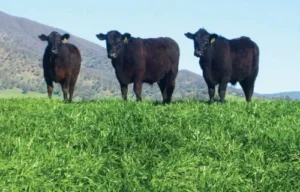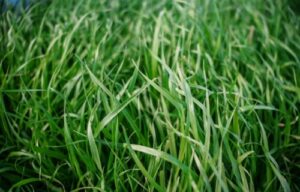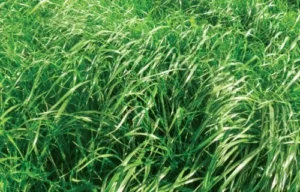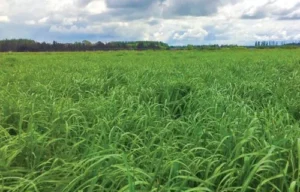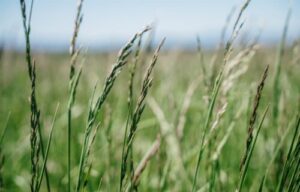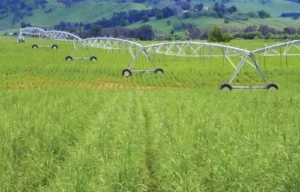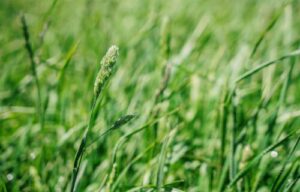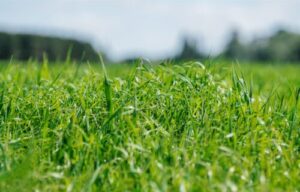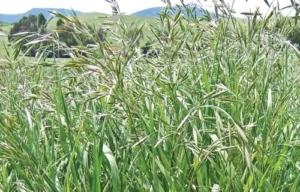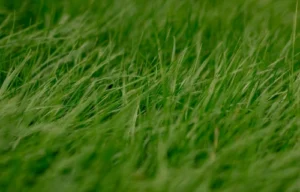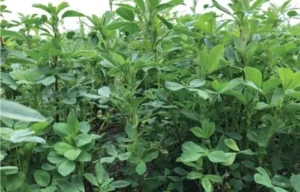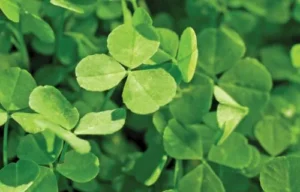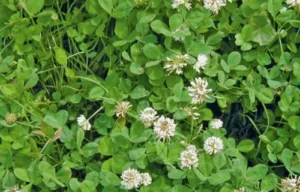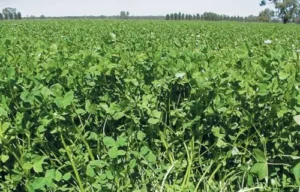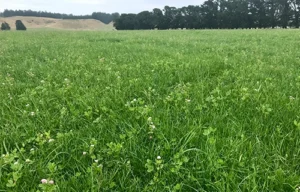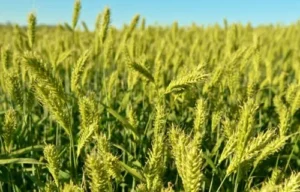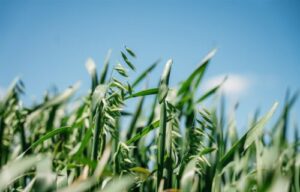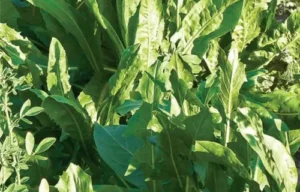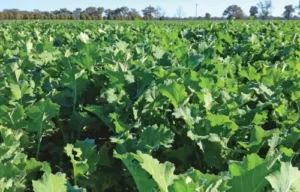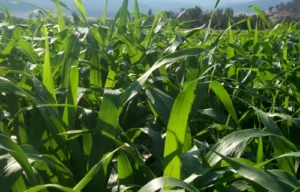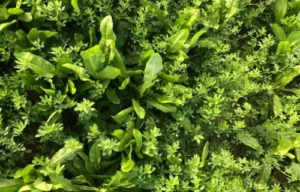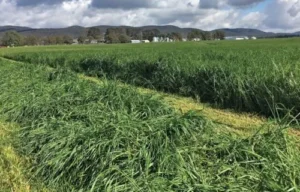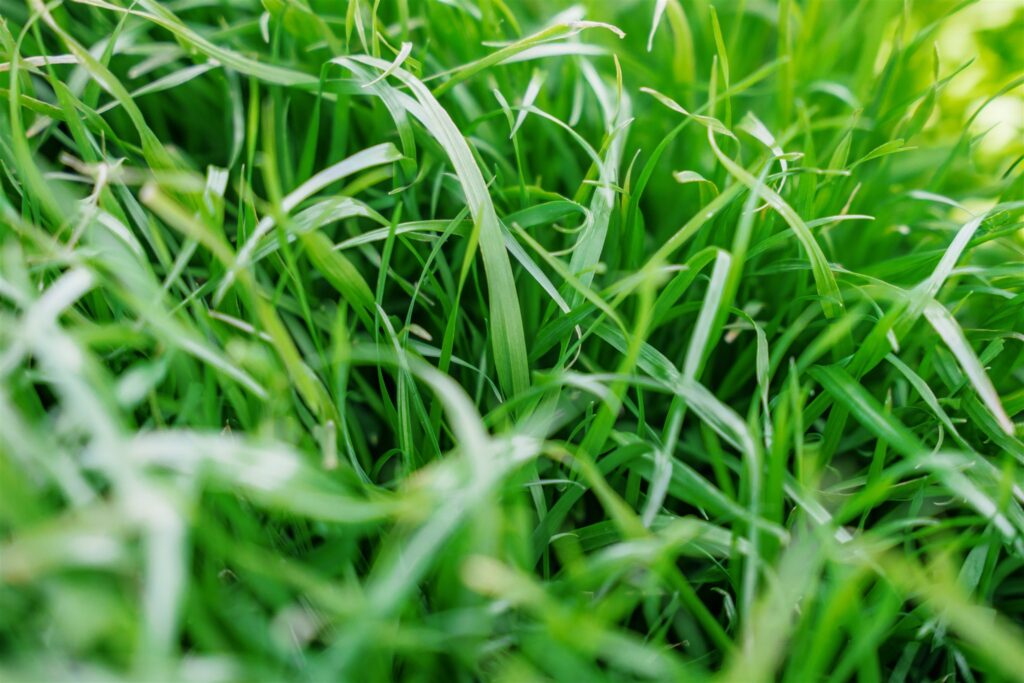Why Persistence Matters
A pasture’s value extends far beyond its first season. Persistent pastures reduce re-sowing costs, maintain feed supply, and provide long-term soil and livestock benefits. UMS focuses on cultivars that combine high yield with proven persistence, suitable for a range of Australian climates.
Selecting Long-Lived Species
Species such as phalaris, cocksfoot, tall fescue, and lucerne offer longevity when established correctly. Perennial ryegrasses with novel endophytes provide both persistence and resistance to insect pests, while maintaining palatability for livestock. UMS trial data helps growers select species suited to their soil type, rainfall, and enterprise needs.
Renewal Strategies
Even the most persistent pastures eventually require renewal. Overseeding with compatible species, rotational grazing to prevent overutilisation, and fertility programs targeted to soil requirements extend pasture life. UMS advises on blends that complement existing paddocks, ensuring a smooth transition and minimal productivity loss during renewal.
The Role of Management
Persistence is not just genetic; management practices dictate longevity. Controlled grazing, nutrient management, and pest control are all critical. By integrating these practices, UMS helps growers maximise the lifespan and performance of their pastures.
Case Study Insight In southern NSW, a mixed livestock farm maintained phalaris and sub-clover pastures for over a decade, using rotational grazing and seasonal phosphorus applications. UMS cultivars provided consistent feed quality throughout, demonstrating the value of combining genetics with expert management.

